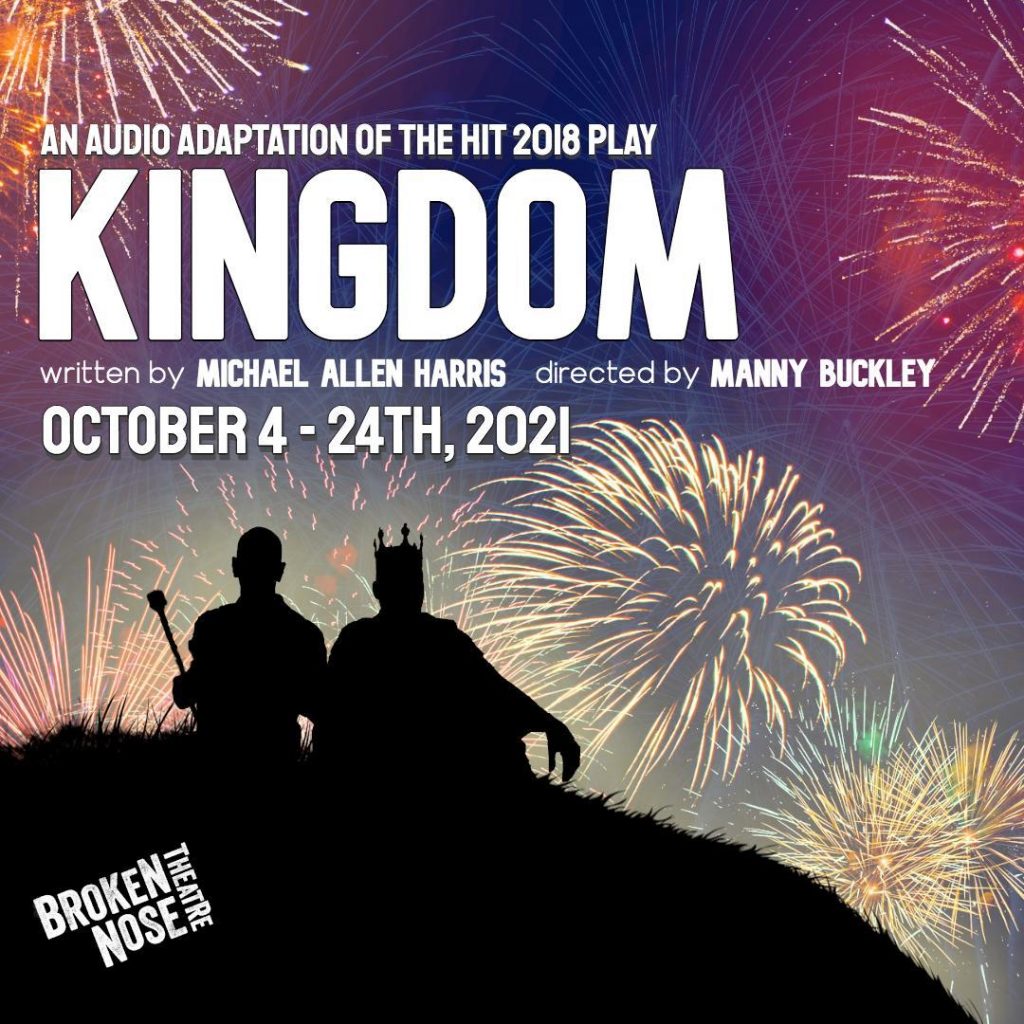
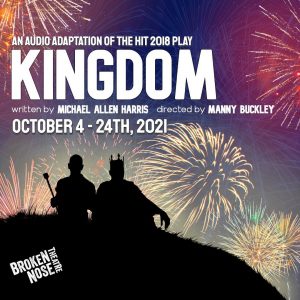 Recommended *** In the shadow of Disney’s Magic Kingdom, “the happiest place on earth”, we have a family that is not so happy but is most definitely gay. “Kingdom”, written by Michael Allen Harris and directed by Manny Buckley, is a drama of African American interest that takes place in 2015 in the city of Orlando at a time when same-sex marriage first became legal in Florida. Originally produced for the stage in 2018 by the Broken Nose Theatre Company, the show has now been adapted into a 90-minute audio drama.
Recommended *** In the shadow of Disney’s Magic Kingdom, “the happiest place on earth”, we have a family that is not so happy but is most definitely gay. “Kingdom”, written by Michael Allen Harris and directed by Manny Buckley, is a drama of African American interest that takes place in 2015 in the city of Orlando at a time when same-sex marriage first became legal in Florida. Originally produced for the stage in 2018 by the Broken Nose Theatre Company, the show has now been adapted into a 90-minute audio drama.
Two older black men Arthur (Darren Jones) and Henry (Watson Swift) have been together for 40 years and are about to be married; Henry is suffering from prostate cancer and Arthur possibly from some unknown ailment. Phaedra (RjW Mays) is their lesbian “cousin”, who helps to take care of Henry and Arthur, whom she refers to as her “uncles” and whom Alex (Ben F. Locke) refers to as his “dads.” In fact, Alex, who is Arthur’s son, is also gay and cannot look beyond his own relationship of 9 years with his partner Malik (William Anthony Sebastian Rose II), who has suddenly dropped him in favor of a woman, despite the fact that he’s still very fond of Alex. Malik, who is apparently bisexual, now plans to marry his girlfriend largely for appearance sake. Thematically, the story bears some resemblance to the novels of E. Lynn Harris and gay topics having to do with sexual identity among African Americans, particularly being on the DL (down-low) as compared to being in the (proverbial) closet—versus openly acknowledging one’s sexuality and sexual orientation. Generally speaking, the play raises issues of what it means to be LGBTQ in America and, more specifically, in African American culture.
The show is chockfull of vulgar language, graphic sexual detail, and constant references to the “B-word” and the “N-word.” Drug use and abuse, suicidal ideation, addiction, sexual assault, rape, alcoholism, and other issues all make their way into the plot.
Like the larger Magic Kingdom, Arthur’s house is his kingdom in its own way, with the playwright’s constant allusion to King Arthur and the statement that “a man is the king of his castle.” This is not only a spoof on the names Arthur (the English King) and Henry (the French King) but also on how their kingdoms merge. This is also a play on words on what it means to be a “king” versus a “queen.”
Sound Designer Eric Backus has combined the voices and music excellently with crisp and clear sound; the audio could not have been done any better. Editor Jacqui Jaurena does a great job with every single scene flowing easily from one sequence to another.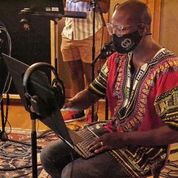
I didn’t know whether to feel sorry for the characters or not, because their family situation seems so dire and their circumstances are often very depressing—and yet, the nature of the human condition means that each individual retains some measure of control over their own life decisions. Various attitudes towards love and the meaning of relationships permeate this show, with the bottom line being: “Let love shine through.” Despite the characters’ grief and pain, the ending is indeed a happy one on several levels and demonstrates that maybe there is something good and important for everybody to live for.
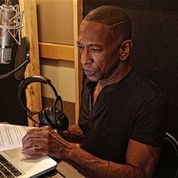 A production of Broken Nose Theatre, “Kingdom” streams on-demand from October 4 through October 24, 2021.
A production of Broken Nose Theatre, “Kingdom” streams on-demand from October 4 through October 24, 2021.
Broken Nose Theatre is a Pay-What-You-Can theatre company, where patrons can choose their own ticket price.
Go to their website https://brokennosetheatre.com/k-audio to find out more about “Kingdom” and reserve your (online) space to listen to the performance.
Note that you can pause the recording in midstream and play the show backwards and forwards in 10-second increments in case you missed a line or a thought.
Please visit https://brokennosetheatre.com/ for more information about the theatre company and to learn about future shows or to make a donation.
To see what others are saying, visit www.theatreinchicago.com, go to Review Round-Up and click at “Kingdom”.


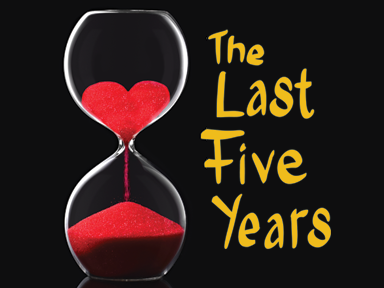

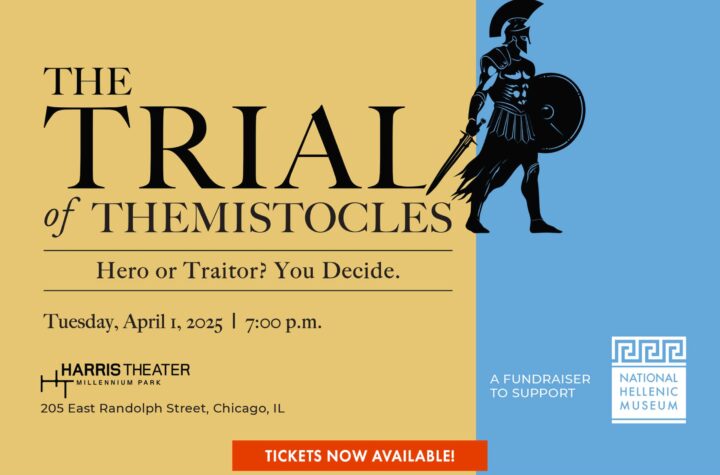
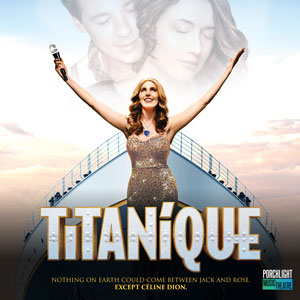
More Stories
“The Last Five Years” MILWAUKEE
“The Trial of Themistocles” reviewed by Julia W. Rath
“Titanique”